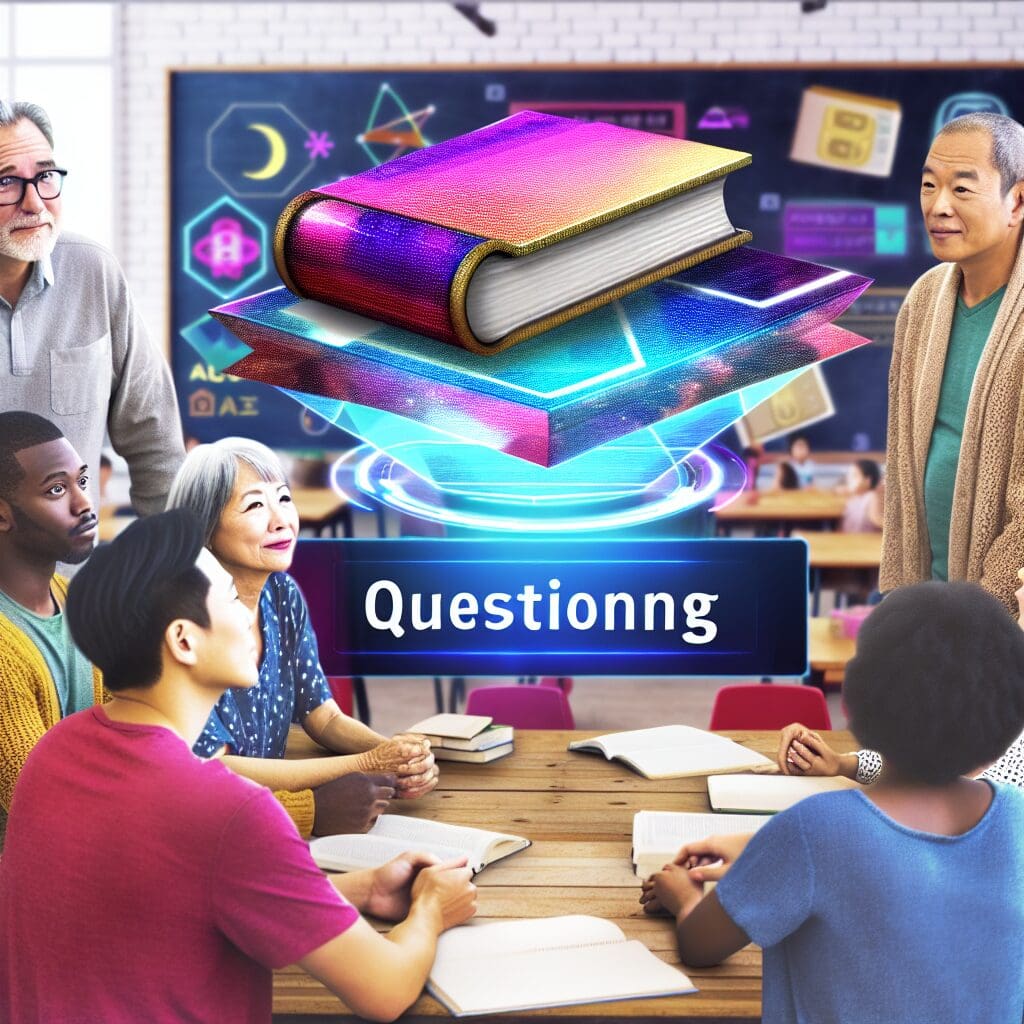In South Korea, the introduction of AI-powered textbooks has sparked significant concern among parents. Over 50,000 individuals have signed a petition urging the government to reconsider its approach. While technological advancements in education are often seen as a boon, the demand for AI in classrooms raises critical questions about student well-being and educational integrity.
Parents argue that AI technologies, if not carefully managed, could jeopardize the quality of education. Critics emphasize the potential for AI systems to prioritize efficiency over individualized learning, suggesting that these tools might neglect the diverse needs of students. Enhancing the learning experience does not solely depend on incorporating cutting-edge technology; educators must focus on fostering an environment conducive to emotional and social growth.
The South Korean initiative proposes to utilize AI to streamline content delivery and personalize learning experiences. However, parents worry that this focus on automation may lead to a standardized approach that fails to appreciate unique learning styles. Historical precedents, such as the rushed implementation of technology in schools during the early 2000s, serve as reminders of the disruption that ill-considered changes can cause.
To address these concerns, stakeholders should prioritize transparency and engage parents in ongoing discussions about AI implementation in education. Gathering input from educators, students, and families will help ensure that technology complements rather than compromises the learning journey. As South Korea moves forward with its educational strategies, balancing innovation with a commitment to student welfare remains paramount.












